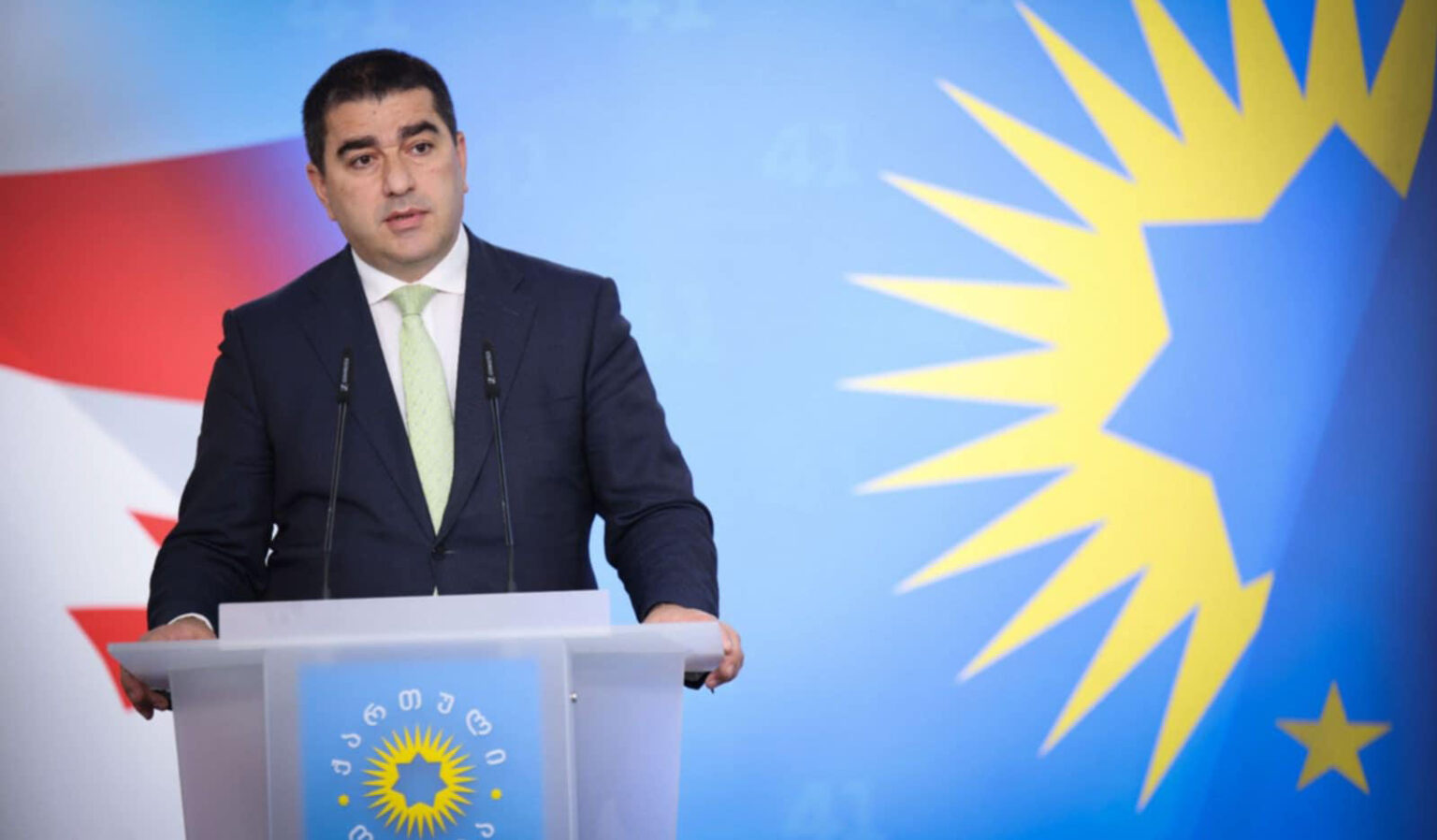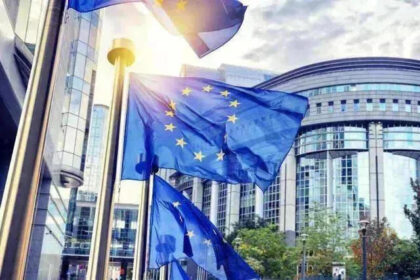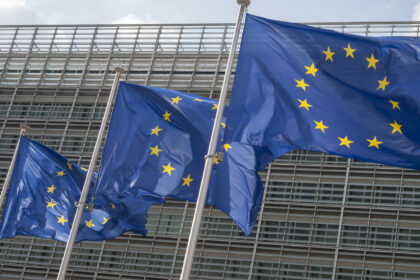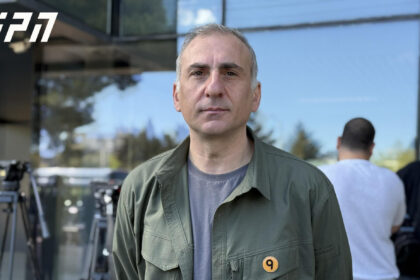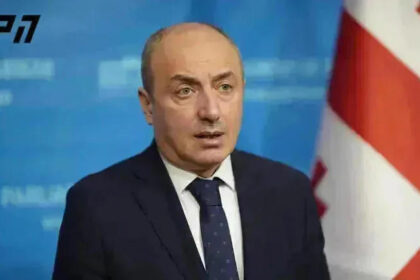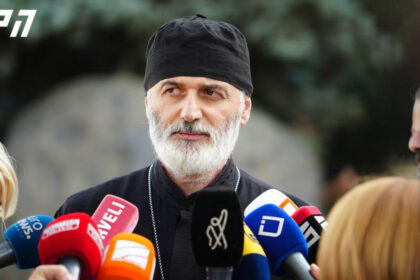This is one form of hybrid attack – an information attack involving media platforms funded from abroad, stated Parliament Speaker Shalva Papuashvili during a briefing in response to a question about the so-called special forces list.
According to Papuashvili, such schemes reveal coordinated actions between political parties, NGOs, and media sectors, all of which are funded from abroad.
“Yesterday, we saw on.ge, which, although it hides it, we assume is funded from Brussels, from European Union sources. On.ge published a statement from last year by a few individuals as if it were new, to create some informational noise. Secondly, we saw the so-called special forces list, which turned out to be a fake list compiled from electoral lists, including old ones, containing deceased individuals and people with other professions who have absolutely no connection to law enforcement agencies. However, this is also a form of hybrid warfare, straight out of the special services’ playbook, designed to create informational noise and confusion in society. On the backdrop of this confusion, they aim to exploit it by using false narratives to provoke emotional reactions in certain societal groups.
All of this is coordinated between the party, NGO, and media sectors. Behind every such campaign, foreign funding and their involvement can be traced. Our security service is closely monitoring all these schemes in great detail. Several schemes have been exposed in advance, and unexposed schemes are also well-known,” stated Shalva Papuashvili.
Shalva Papuashvili: We saw the so-called special forces list, which turned out to be fake and compiled from electoral lists, including old ones, containing deceased individuals – this is a form of hybrid warfare
